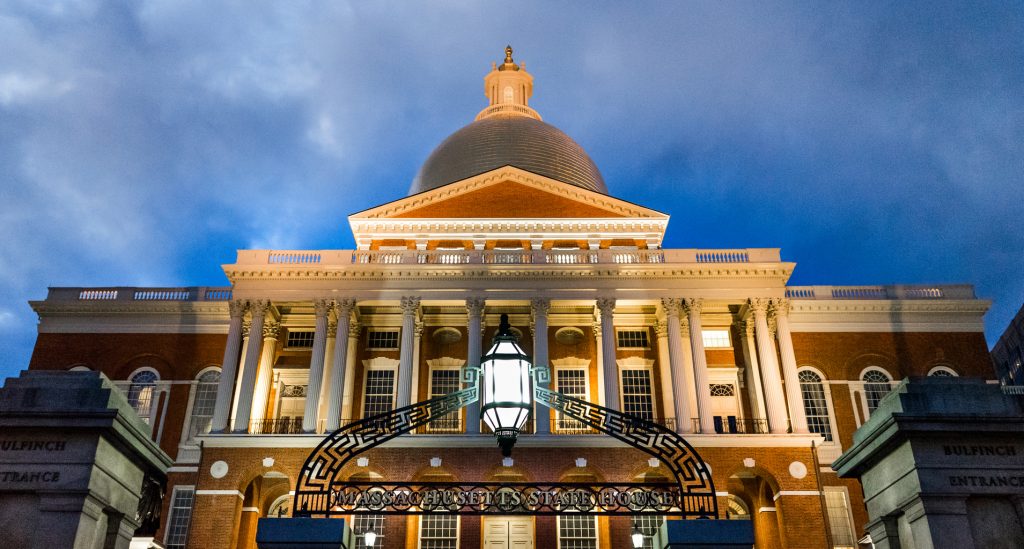
BOSTON – House Minority Leader Bradley H. Jones, Jr. (R-North Reading), State Representative Richard Haggerty (D-Woburn), and State Senator Jason Lewis (D-Winchester) recently supported passage of the Breakfast After the Bell initiative, which provides for expanded school breakfast options for Massachusetts students in low-income communities.
House Bill 4218, An Act regarding breakfast after the bell, will help ensure students are better prepared for learning by providing them with a healthy breakfast at school. The bill was enacted by the House and Senate on July 28 and is now on Governor Charlie Baker’s desk awaiting his signature.
According to the Ending Hunger in Our Classrooms 2019 Annual Report, Massachusetts ranks 33rd out of 50 states in the percentage of low-income children who eat a school breakfast every day. The report estimates that nearly 159,000 low-income students in the Commonwealth do not have access to a nutritious morning meal at school.
To address this problem, House Bill 4218 requires public schools to provide a school breakfast after the beginning of the instructional day, beginning with the 2022-2023 academic year, if at least 60% of the students attending the school are eligible for free or reduced-price meals under the federal National School Lunch Program. Schools will have the flexibility to choose which breakfast service model best suits their students’ needs, including breakfast in the classroom, grab and go breakfast served from mobile carts or kiosks located in the school, or a second chance breakfast offered during breaks between classes.
“Food insecurity remains a serious issue for many students in Massachusetts, and the COVID-19 global pandemic has only added to this problem,” said Representative Jones. “By implementing Breakfast After the Bell, we are taking proactive steps to make sure no student goes hungry and every student comes to school prepared to learn.”
“This legislation will help our young people be better students by providing them with the meal they need to start their day and be better learners,” said Representative Haggerty, “Sadly we all know that hunger continues to be a real problem in many of our communities and this approach will provide the help our kids need and deserve.”
“We all understand that a hungry student is not ready to be a successful student, and Breakfast After the Bell is a proven strategy to close the hunger gap and ensure that all kids can start their school day on a level playing field,” said Senator Lewis, Senate Chair of the Joint Committee on Education and a longtime advocate for the legislation. “As the Commonwealth continues to strive for an excellent and equitable educational experience for every child, regardless of their ZIP code or family income, this is an important step along the road to closing opportunity and achievement gaps in our schools.”
House Bill 4218 directs the Department of Elementary and Secondary Education (DESE) to develop guidelines and regulations to assist schools with implementing breakfast after the bell. DESE must also conduct an initial assessment of all schools required to offer breakfast after the bell by December 31, 2021.
The bill contains provisions allowing schools to obtain a one-year waiver from the breakfast after the bell requirement if they already have a breakfast participation rate of 80% or higher, or if the school demonstrates an extreme hardship related to implementation.
